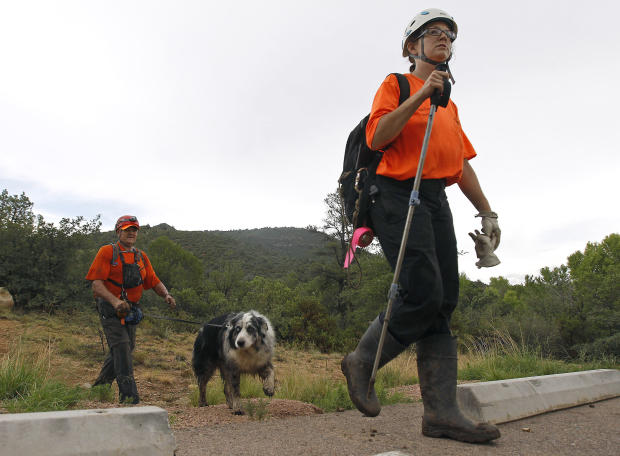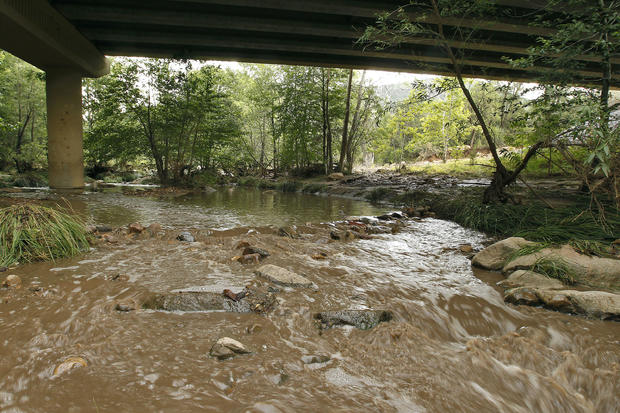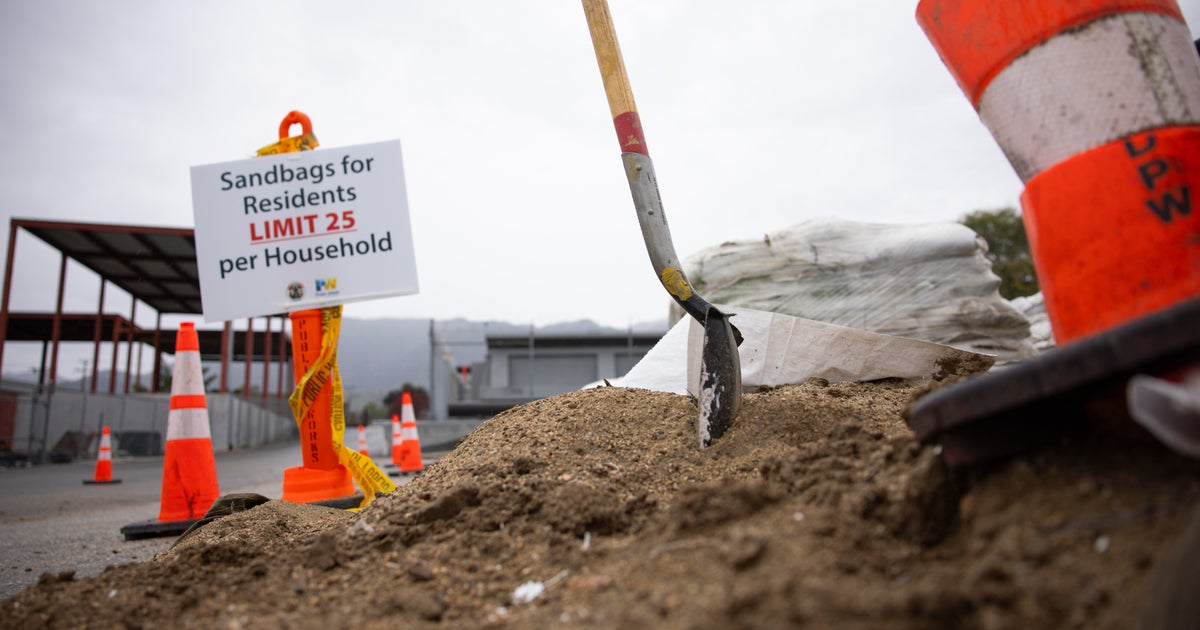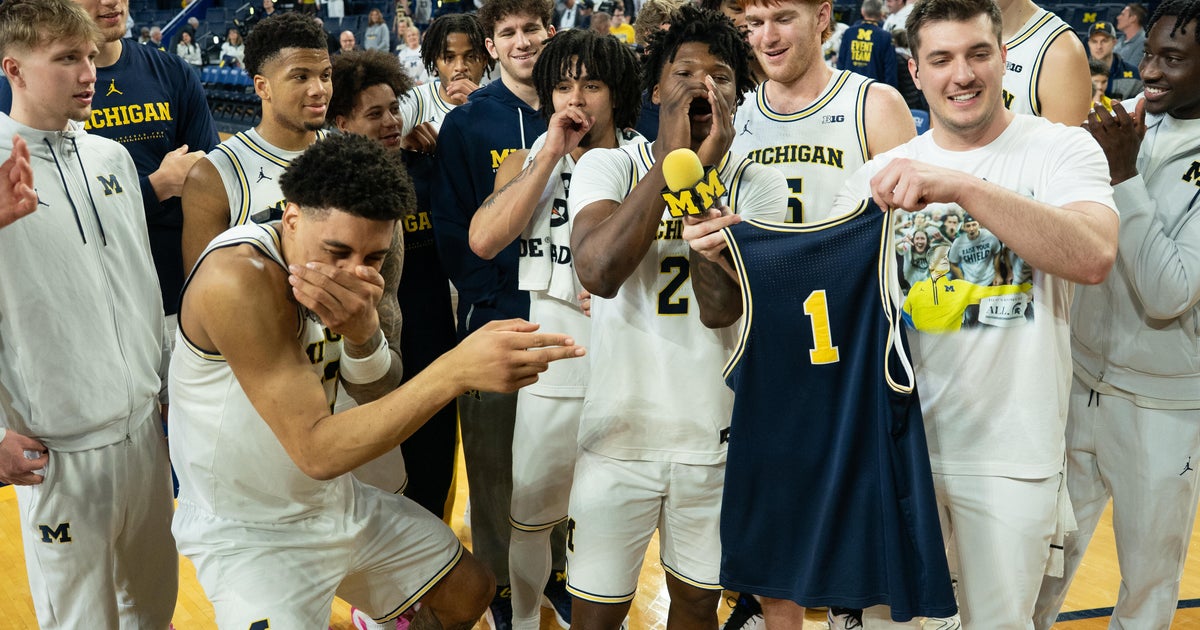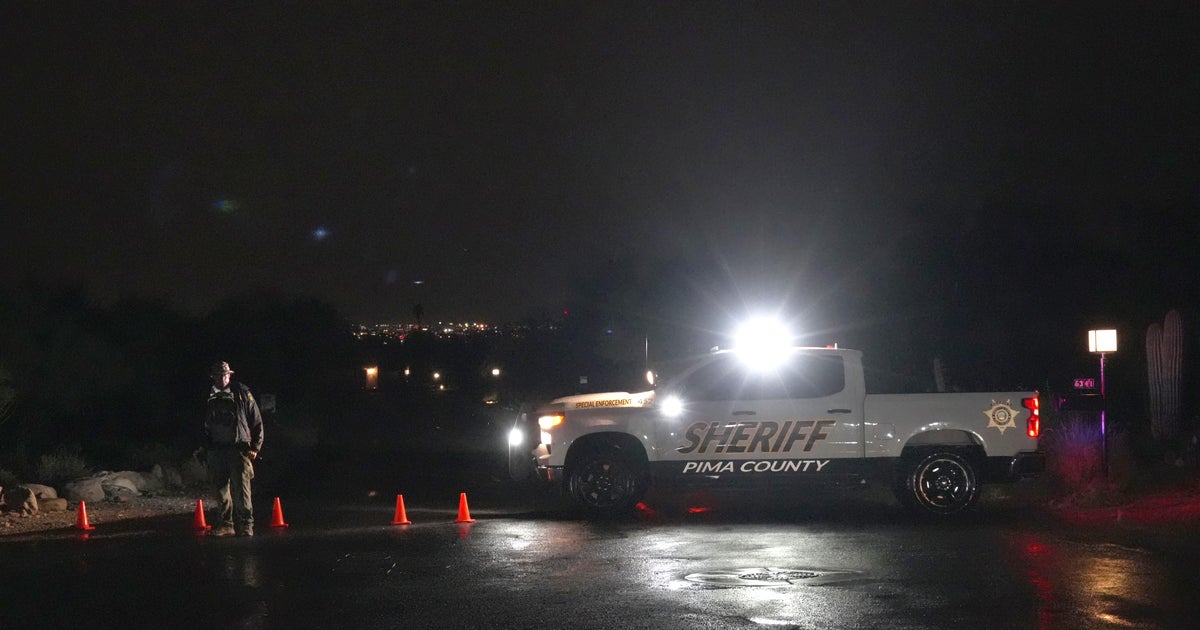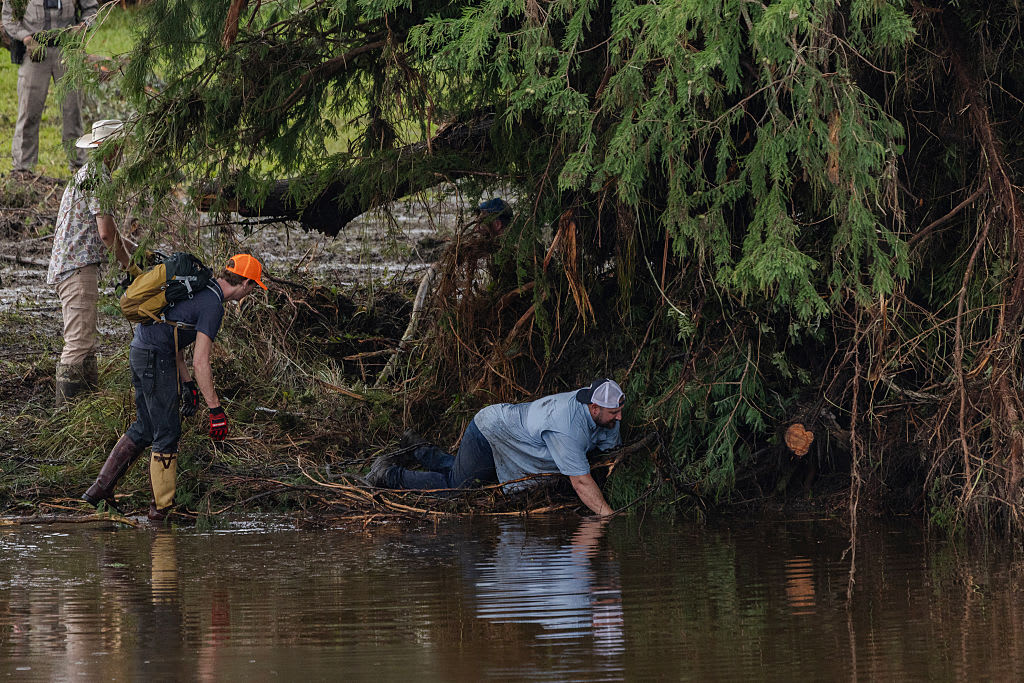New details revealed about Arizona flash flood victims
TONTO NATIONAL FOREST, Ariz. -- Some of the nine people who died in a flash flood at a swimming hole in central Arizona were members of an extended family, authorities said Monday as they continued to search for a 27-year-old man.
The victims were swept away by a torrent of water Saturday while at a swimming hole in the Tonto National Forest near Payson, about 100 miles northeast of Phoenix. The flood was the result of a thunderstorm that dumped heavy rainfall just upstream. The storm unleashed 6-foot-high floodwaters, dark with ash from a summer wildfire.
While authorities haven't released the names of those who died, they gave more detail on the relationship between them. "It was an extended family -- brothers, sisters, aunts, cousins, a grandmother," said Detective David Hornung of the Gila County Sheriff's Office.
It's unclear how many of the victims were part of the extended family.
"It's pretty much recovery [now]. We don't believe there's anybody left out there," Water Wheel Fire and Medical District Fire Chief Ron Sattelmaier told CBS affiliate KPHO-TV in Phoenix.
About 40 volunteer workers and four search dogs were searching for the missing man in debris piles near the swimming hole.
Disa Alexander was hiking to the swimming area where Ellison Creek and East Verde River converge Saturday when the water suddenly surged. Video she posted to social media showed torrents of water surging through jagged canyons carved in Arizona's signature red rock.
She spotted a man holding a baby and clinging to a tree. Nearby, his wife was also in a tree. A boy Alexander described as the couple's son was on the rocks above the water.
Alexander and others tried to reach them but couldn't. Fortunately help was close by.
Some search and rescue team members were already near the swimming hole after getting a call to help someone who had suffered a bad allergic reaction, Hornung said.
Four people were rescued and taken to the hospital for treatment of hypothermia.
The National Weather Service estimated up to 1.5 inches of rain fell over the area in an hour. The thunderstorm hit about 8 miles upstream along Ellison Creek, which quickly flooded the narrow canyon where the swimmers were.
Hornung noted that the National Weather Service had issued a flash flood warning about 1 1/2 hours before, "but unless they had a weather radio out there, they wouldn't have known about it. There is no cellphone service out here."
While Arizona is known for its dryness, it gets bursts of heavy rains during the summer monsoon season. The severe thunderstorm was located in a remote area that had been burned by a recent wildfire, Sattelmaier said. The "burn scar" was one of the reasons the weather service issued the flash-flood warning.
"If it's an intense burn, it creates a glaze on the surface that just repels water," said Darren McCollum, a meteorologist.
Crowds looking to beat the Phoenix metro area's heat often head to the small creeks that flow out of the mountains forming swimming holes and a series of small waterfalls. But officials warn that visitors need to be aware of the dangers of a flash flood.
"I wish there was a way from keeping people from getting in there during monsoon season, " Sattelmaier said "It happens every year. We've just been lucky something like this hasn't been this tragic."
Sudden flooding in canyons has been deadly before. In 2015, seven people were killed in Utah's Zion National Park when they were trapped during a flash flood while hiking in a popular canyon that was as narrow as a window in some spots and several hundred feet deep.
In 1997, 11 hikers were killed near Page, Arizona, after a wall of water from a rainstorm miles upstream tore through a narrow, twisting series of corkscrew-curved walls on Navajo land known as Lower Antelope Canyon.
